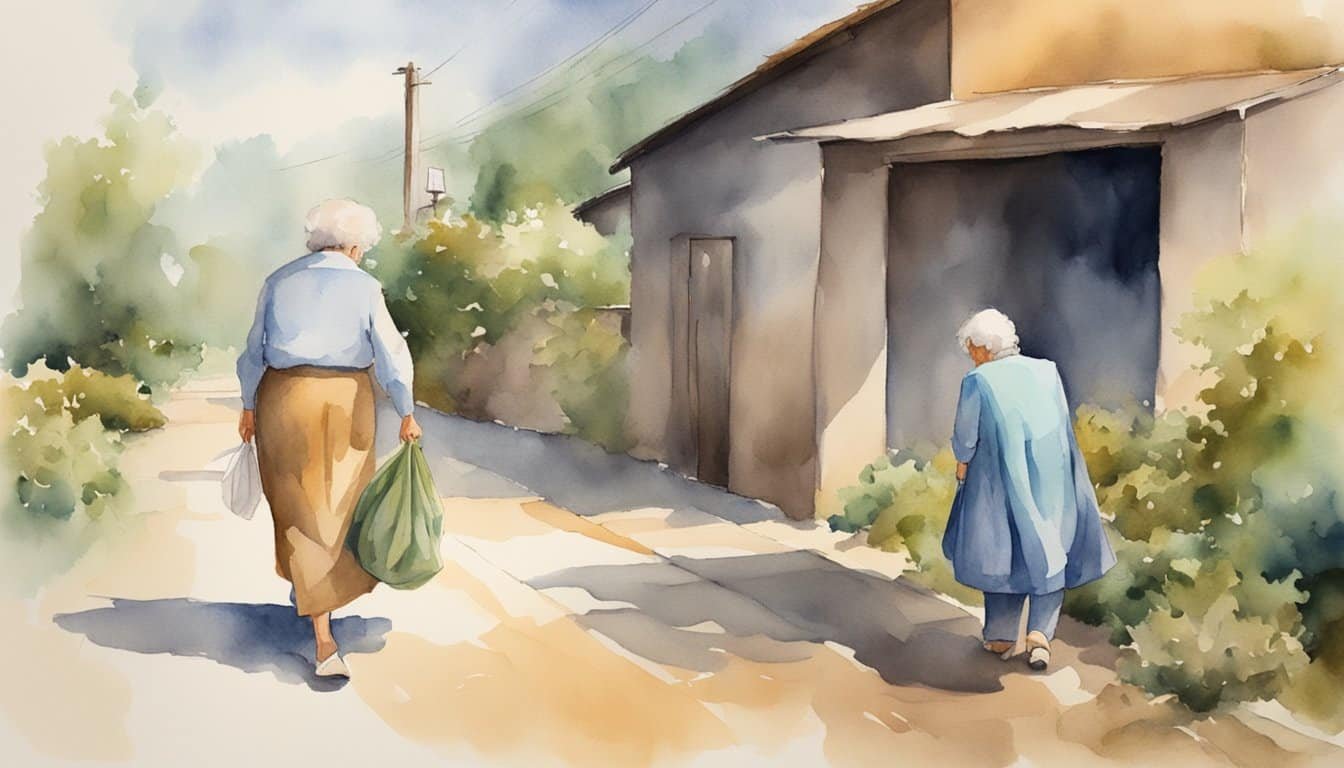Understanding Old People Smell
When one mentions “old people smell,” they’re referring to a distinctive scent associated with aging. It’s a complex phenomenon that has intrigued scientists and affected seniors worldwide.
The Science Behind the Scent
The human body undergoes numerous changes as it ages. One such change is in how the body odor develops. A study suggests that with age, the skin’s oil production alters, interacting differently with the bacteria living on the skin. The result? A unique scent often associated with older individuals. The Monell Chemical Senses Center has shed light on this phenomenon, signaling that it’s a universal trait rather than an individual oddity.
The Role of 2-Nonenal
Delving deeper, researchers in Japan uncovered that a chemical compound called 2-nonenal is primarily responsible for this characteristic odor. Over time, the skin begins to produce more of this compound. It’s created when omega-7 unsaturated fatty acids that naturally exist in the skin start to degrade. This odor isn’t as present in younger individuals, but as the skin’s antioxidant defenses weaken with age, 2-nonenal makes its presence known.
Factors Influencing Old Person Smell

When it comes to the unique scent often associated with older individuals, several key factors come into play. Both the natural aging process and lifestyle choices can make a noticeable difference in body odor.
Aging and Body Odor Changes
The human body undergoes many changes with age, and the sense of smell is no exception. One’s body odor can alter due to hormonal changes and the slow-down of metabolic processes. Particularly, the skin’s chemistry evolves with age, which can affect the production of odors. Typically, the skin becomes less efficient at regenerating and repairing itself, potentially leading to a buildup of certain smells. The composition and the function of the sweat glands also change, which could result in a different odor profile that is sometimes stereotypically recognized as “old person smell.”
Personal Hygiene and Lifestyle
Personal hygiene habits have a significant impact on body odor at any age. In older adults, however, physical and cognitive impairments can interrupt routine bathing and grooming, potentially exacerbating the strength or the presence of body odors. Elderly individuals may experience difficulties thoroughly cleaning areas like armpits or feet, where bacteria that contribute to body odor commonly reside.
Lifestyle choices including diet, exercise, and sleep patterns contribute to body odor, as well. Foods with strong odors, like garlic or onions, can seep through pores and alter body smell. Regular exercise helps to excrete toxins through sweat, which could mitigate odorous compounds in the body, while consistent sleep routines help regulate hormonal balance and stress levels, further influencing the natural scent of an individual. Additionally, certain health conditions prevalent among the elderly might bring about specific odors as a result of changes in bodily functions.
Perceptions and Social Implications

When one mentions “old person smell,” often it invokes a recognition of a distinct scent associated with the elderly, which can have a range of social and personal impacts.
Cultural Perceptions and Stigmas
In some societies, the scent known as “kareishu” in Japan is widely recognized and carries with it a certain cultural significance. This distinct scent is tied to aging but is perceived differently across cultures. While some view it as a normal part of the aging process, others may attach a stigma to it, associating it with neglect or poor hygiene. Such stigmas can have a significant impact, affecting not just personal dignity but also influencing wider social attitudes towards aging and the elderly community.
Impact on Relationships and Well-being
The implications of “old person smell” can extend into personal relationships, altering dynamics within families and influencing interactions in places such as nursing homes. An unpleasant odor can sometimes act as a barrier to physical closeness, potentially impacting the mental and emotional well-being of seniors. Furthermore, a change in personal scent can affect memory and emotional associations for both the individual and their family members. For seniors, being conscious of their own body odor can contribute to a sense of self-awareness and can influence their social life and interpersonal relationships.

